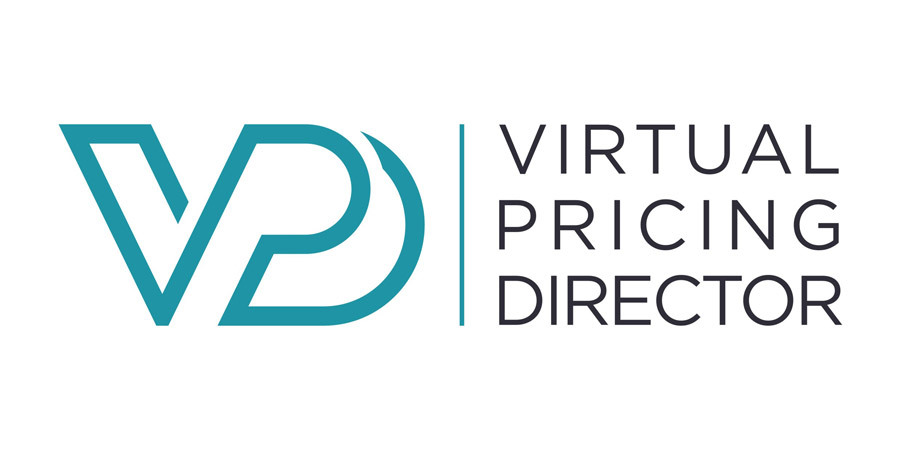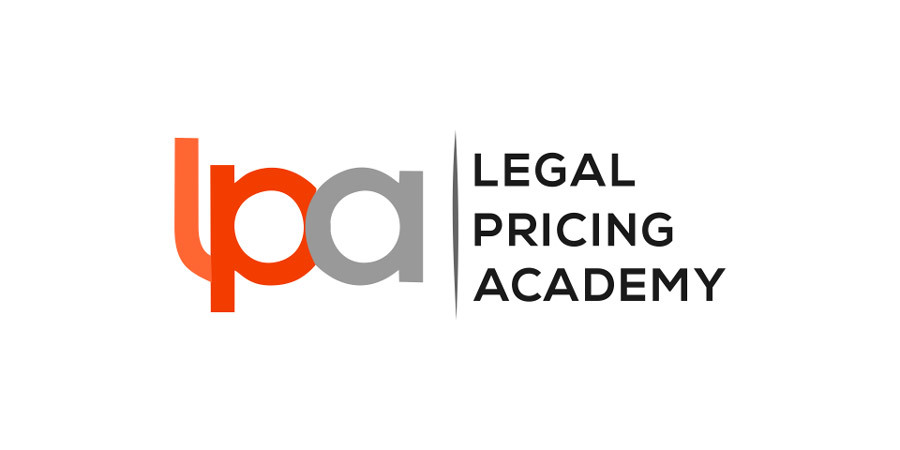'Value Billing' is variously described as ‘what the client will stand’, ‘hourly billing plus some more’, ‘ask the client what they think it is worth’ etc. However, there is no future for any pricing regime that lacks integrity, honesty and rigor.
You've got to be joking!
I have heard value pricing variously described as ‘what the client will stand’, ‘making up a figure’, ‘hourly billing plus some more’, ‘ask the client what they think it is worth’ etc. Firms are deluded if they think that their future lies in this sort of approach, lacking as it does, any honesty, integrity or rigour.
Modern legal services pricing should be about the optimal alignment of the fee and the clients’ perception that they have received fair value and the lawyers’ perception that they have been paid properly (which, to state the obvious, has absolutely nothing to do with arbitrary and homogenous hourly rates).
To restate one of my favourite judicial quotes; “the business of determining a fee that is fair to both the client and the lawyer is an exercise in assessment, an exercise in balanced judgment, not an arithmetical calculation”.
Get the 'fairness' thing wrong and look out...
At the heart of this assessment conundrum is an easily articulated yet extremely elusive concept and that is pricing fairness. In this context, fairness has nothing to do with the quantum of the fee.
A fee could run to several hundred thousand dollars yet still be perceived by both the client and the firm as ‘fair’; even exceptionally good value whilst a fee of a few hundred dollars might be seen by the client as a ‘rip-off’. An hourly rate of $100 could be unfair and poor value from the clients’ perspective whilst an extrapolated hourly rate of $3,000 may be a ‘steal’.
But when you transgress the fairness threshold, wherever it may lie, look out, you will be punished. Consider the swift public responses to the following random examples of companies whose pricing their consumers deemed unfair:
- When Bank of America announced in September 2011 that it would start charging a $5 monthly debit card fee the public outcry was so intense that the bank quickly scrapped the proposal. But the damage was done: Account closures in the final months of 2011 increased 20% compared with the same period in 2010.
- When Netflix implemented a 60% price increase in July 2011 for customers who both rented DVDs and streamed video, 800,000 users cancelled their service and the company’s market cap plummeted by more than 70%.
- When irate customers targeted Marks & Spencer in 2008 for charging £2.00 more for bras with large cups, the British retailer initially defended the practice, not unreasonably pointing to the higher cost of goods. But as the complaint gained traction on social media, the company relented, implementing a “one price fits all” policy and offering a month long 25% discount on all bras.
- Within the last week, Air New Zealand has been left scrambling to explain why Kiwis are charged hundreds, even thousands of dollars more than British passengers for the same flights. A customer based in Britain who books online a return economy-class flight from London to Auckland will pay much less than a New Zealand-based traveller who books the same journey in reverse on Air New Zealand's website at the same time. The company’s explanation? Because we can. I for one am questioning whether they continue to deserve my loyalty and patronage.
In each of these instances, the price did not pass the ‘fairness’ test in the minds of the customer. It doesn’t matter one iota that it passed every other cost accounting, economics, financial analysis and price optimisation test.
What is a fair fee?
So what are the characteristics of a fair fee? Quite some years ago the American Bar Association released a discussion paper about the future of the billable hour. The committee that drafted the report made the very astute observation that; “Any fee agreed to by an informed and unpressured client and an informed and unpressured lawyer will in most instances, by definition, be a fair fee”. How refreshing. Capitalist acts between consenting adults without the interference of regulatory busy bodies.
More specifically, fair fees have in my view, most if not all of the following characteristics:
- The fee is the result of a collaborative and ‘upfront’ conversation with the client
- The fee is the result of the client, not the lawyer choosing the most appropriate pricing methodology for their circumstances, but one that nevertheless ‘works’ for the lawyer
- The client has been closely involved with scoping the job from the outset
- The selected pricing methodology addresses the clients unique value drivers (which can change from job to job even with the same client)
- There is an attempt to achieve a measure of alignment between the result and the fee and not just the effort and the fee
- The fee strategy reflects a demonstrable alignment of both the lawyers’ and the clients’ interests
- Just as importantly as all the foregoing client-centric issues, the lawyer must be fully rewarded to their satisfaction for the effort expended, the results achieved, the value delivered and the risk assumed in undertaking the work.
It is this ‘shrink-wrap’ value and values driven, reciprocal fairness approach to pricing that will in future best position firms to achieve two apparently diametrically opposed outcomes; improved profitability, and more satisfied clients. Some are already doing so and are reaping the just rewards.

